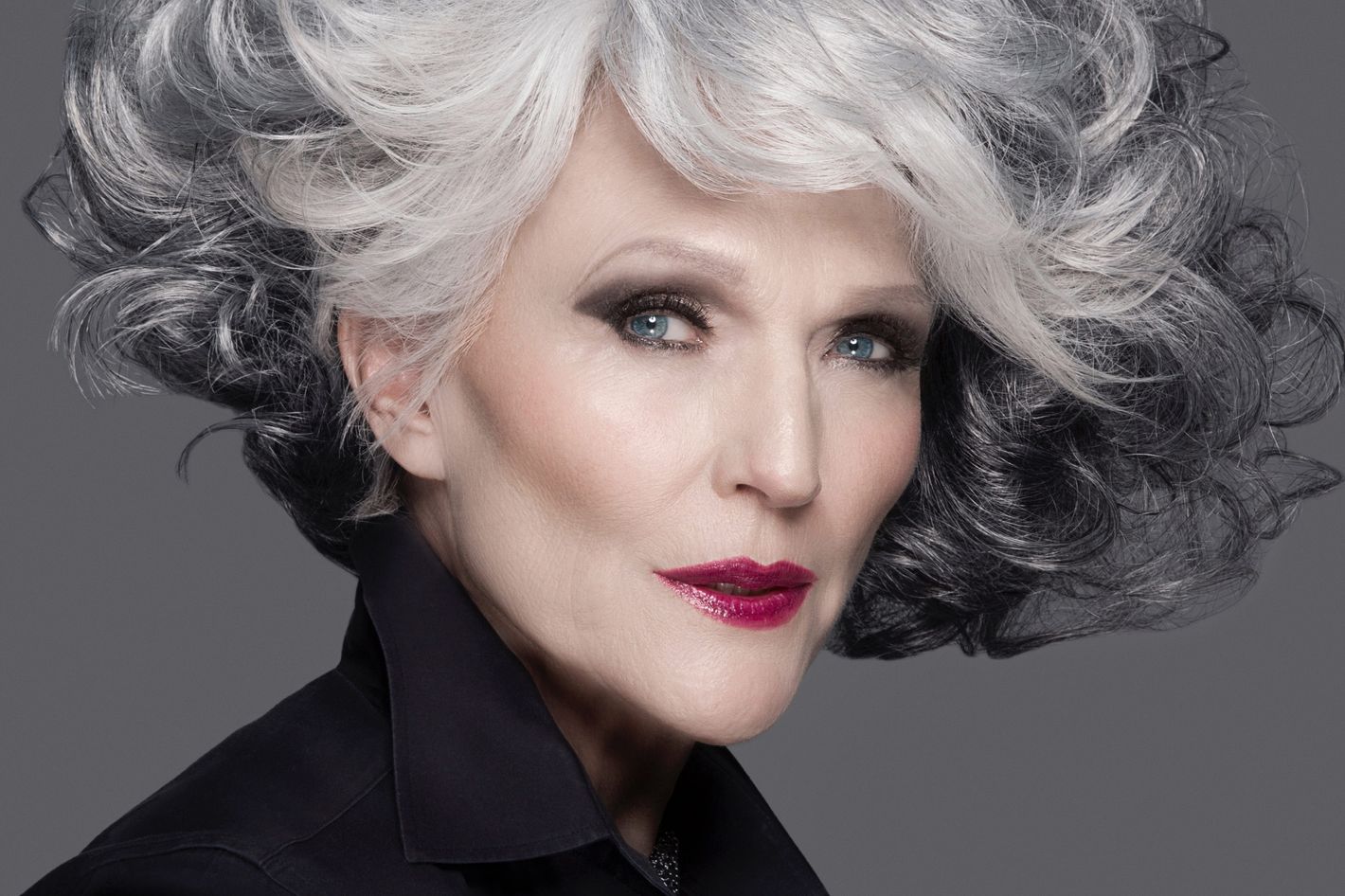
Elon Musk’s mother, Maye Musk, has ignited a heated debate with her recent comments advocating for the exclusion of biological men from women’s sports. Her stance, shared across social media, has drawn both widespread support and fierce opposition, fueling an already contentious discussion on gender identity and fairness in athletics.
The controversy erupted when Maye Musk, a former model and public figure, took to social media to express her concerns about transgender women competing in female sports categories.
In her post, she argued that allowing biological men—regardless of their gender identity—to compete in women’s divisions creates an uneven playing field and ultimately disadvantages female athletes.
Her remarks quickly gained traction, attracting praise from those who support maintaining sex-based divisions in sports while also sparking backlash from advocates of transgender inclusion.
Supporters of Maye Musk’s viewpoint argue that biological differences between men and women create inherent physical advantages that make competitions unfair when transgender women are included. They cite scientific studies that suggest male athletes, on average, have greater muscle mass, bone density, and cardiovascular capacity compared to female athletes, even after undergoing hormone therapy.
Many believe that prioritizing fairness in women’s sports means ensuring that only those born female are allowed to compete in female categories.

Groups advocating for female athletes' rights have praised Musk’s comments, viewing them as a necessary defense of women’s opportunities in sports. Some pointed to high-profile cases where transgender women have dominated female competitions, arguing that these instances highlight the disadvantages faced by biological women.
Prominent female athletes and sports organizations that have pushed for stricter eligibility policies echoed Musk’s concerns, saying that inclusion policies should not come at the expense of competitive fairness.
However, her remarks also provoked a wave of criticism from LGBTQ+ activists, transgender athletes, and their allies. Many argue that Musk’s comments disregard the lived experiences of transgender women and undermine their right to compete as their identified gender.
Some accused her of promoting exclusionary policies that reinforce discrimination and stigma against transgender individuals.
The issue of transgender participation in sports has been at the center of global debates, with governing bodies, lawmakers, and advocacy groups weighing in on how to balance inclusion with competitive integrity.
Various sports organizations have responded differently, with some implementing stricter regulations based on testosterone levels or transition timelines, while others have adopted open policies to allow transgender women to compete without restrictions.
The International Olympic Committee (IOC) has revised its guidelines multiple times over the years, moving away from rigid testosterone-based regulations to a framework that encourages sports federations to establish their own rules.
Meanwhile, the NCAA and other governing bodies have faced increasing pressure to adjust policies that critics argue fail to protect fairness in female sports.
Maye Musk’s comments come amid growing pushback against lenient inclusion policies. Several countries, including the United Kingdom and Australia, have seen moves to establish stricter eligibility rules, particularly in sports such as swimming, cycling, and track and field.
World Athletics and FINA, the international governing body for swimming, have already implemented regulations preventing transgender women who have undergone male puberty from competing in elite female categories.
The controversy surrounding Musk’s comments reflects broader cultural and political divides over transgender rights and gender identity. In recent years, conservative lawmakers in multiple countries have pushed for legislation restricting transgender athletes from competing in women’s sports, citing concerns over fairness and safety.
In contrast, progressive movements argue for inclusivity and equal opportunities, asserting that transgender women should not be excluded from competitive athletics based on their assigned sex at birth.
In the United States, the debate has fueled political battles, with some states enacting laws that bar transgender athletes from participating in female sports at the high school and collegiate levels. Similar efforts have emerged in other nations, with policymakers and advocacy groups clashing over how to navigate the issue.
Maye Musk’s high-profile status and her connection to tech billionaire Elon Musk have amplified the impact of her comments, drawing global attention to the ongoing debate. While she has not backtracked on her stance, the controversy has reignited discussions on whether sporting institutions should prioritize fairness over inclusion or find alternative solutions that accommodate both sides.
Amid the polarized responses, some experts and advocates have suggested potential compromises to address concerns from both camps. One proposed solution is the creation of an “open” category that allows transgender athletes to compete without impacting female-only divisions.
Others have called for further scientific studies to determine the exact extent of performance advantages retained after gender transition.
Regardless of the path forward, the debate over transgender inclusion in sports is unlikely to fade anytime soon. With influential figures like Maye Musk weighing in on the issue, the discussion will continue to shape policies, societal attitudes, and the future of competitive athletics.
Whether her comments will influence policy changes remains to be seen, but one thing is certain: the conversation around gender, fairness, and sports is far from over.
:max_bytes(150000):strip_icc():focal(999x0:1001x2)/maye-musk-5-40fd3c0a0e2d4fd1957e0946a7a2bfa3.jpg)
:max_bytes(150000):strip_icc():focal(979x494:981x496)/elon-musk-maye-musk-1-2ec40d18abf24b35b34052e321813ee3.jpg)


-1742808397-q80.webp)

-1742350067-q80.webp)